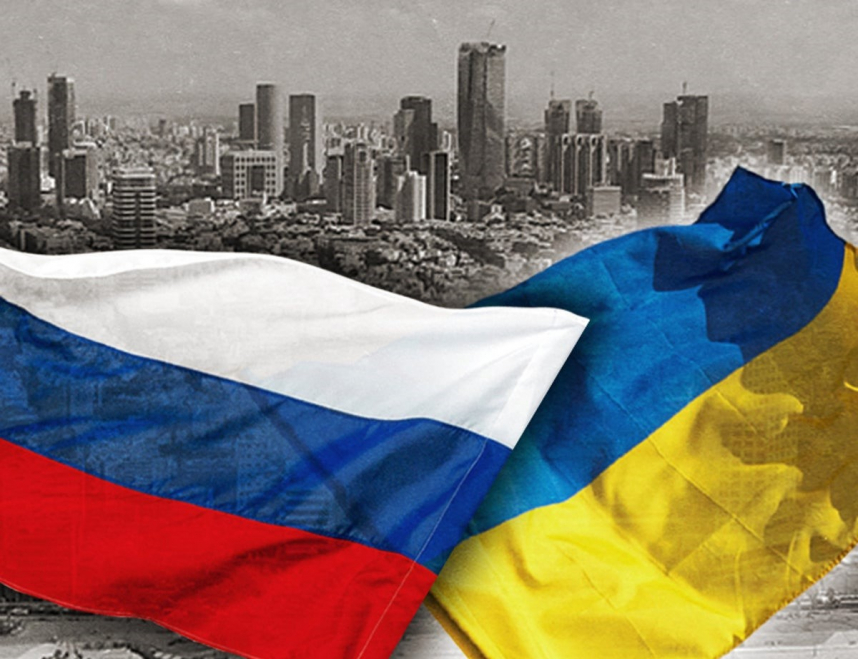
WHO Director-General, Dr Tedros Adhanom Ghebreyesus, and WHO Regional Director for Europe, Dr Hans Henri P. Kluge, call for critical medical supplies to safely reach those who need them and are working with partners to establish safe transit for shipments through Poland.
During the crisis in Ukraine, health must remain a priority pillar of the humanitarian response, with health systems and facilities remaining protected, functional, safe, and accessible to all who need essential medical services, and health workers protected so they can continue to save lives
This must include the safe and reliable provision of essential medical supplies, including life-saving medicinal oxygen supplies, which are crucial for patients with a range of conditions, including those with COVID-19 (which number 1,700 in hospital now), and those with other critical illnesses (from neonates to older persons) stemming from complications of pregnancy, childbirth, chronic conditions, sepsis, and injuries and trauma.
The oxygen supply situation is nearing a very dangerous point in Ukraine. Trucks are unable to transport oxygen supplies from plants to hospitals across the country, including the capital Kyiv. The majority of hospitals could exhaust their oxygen reserves within the next 24 hours. Some have already run out. This puts thousands of lives at risk.
Further, medical oxygen generator manufacturers in several areas are also facing shortages of zeolite, a crucial, mainly imported chemical product necessary to produce safe medical oxygen. Safe deliveries of zeolite from outside Ukraine to these plants is also needed.
Compounding the risk to patients, critical hospital services are also being jeopardized by electricity and power shortages, and ambulances transporting patients are in danger of getting caught in the crossfire.
In recent years, with WHO support, Ukraine had made significant strides in strengthening its health systems under an ambitious health reform program. This included the rapid scale-up of oxygen therapy capacity for severely ill patients during the COVID-19 pandemic. Of the over 600 health facilities nationwide assessed by WHO during the pandemic, close to half were directly supported with supplies, technical know-how, and infrastructure investments, enabling health authorities to save tens of thousands of lives.
This progress is now at risk of being derailed during the current crisis.
WHO is helping health authorities identify the country’s immediate oxygen supply surge needs, assuming a 20% to 25% increase over previous needs before the crisis escalated last week.
Despite the challenges posed by the current situation, WHO is working to ensure a supply of oxygen-related medical devices and trauma treatment supplies.
To achieve this, WHO is actively looking at solutions to increase supplies that likely would include the importation of oxygen (liquid and cylinders) from regional networks. These supplies would need safe transit, including via a logistics corridor through Poland. It is imperative to ensure that lifesaving medical supplies – including oxygen – reach those who need them.